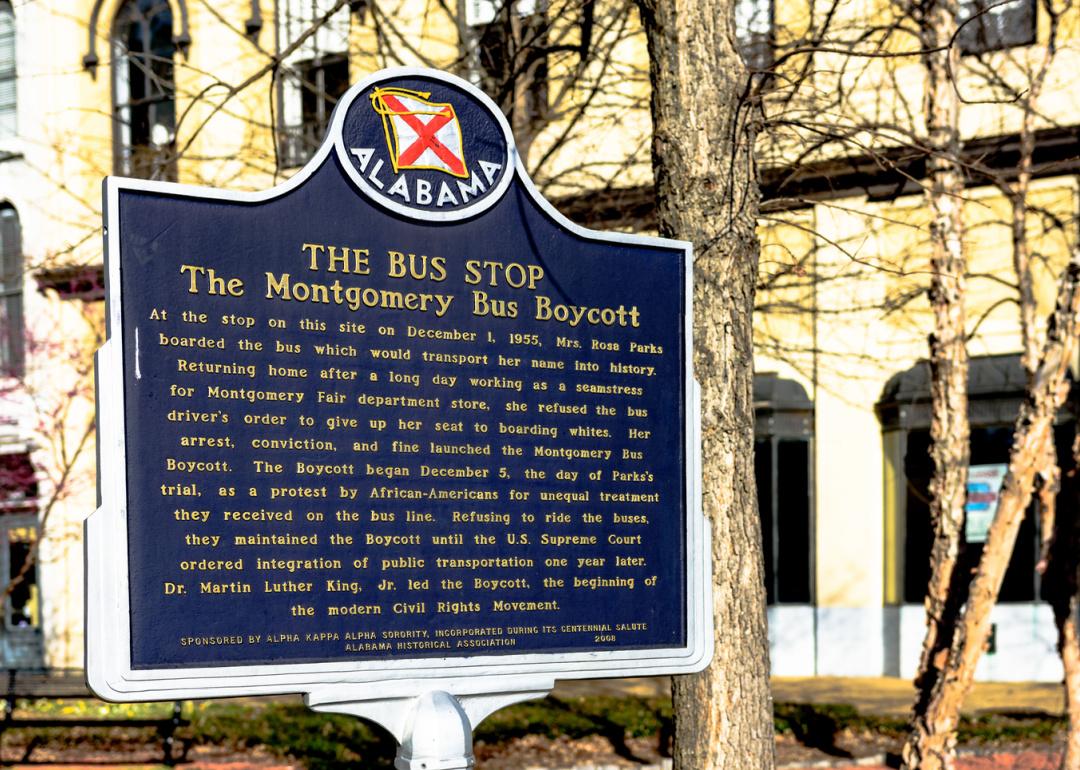
A holiday validates a struggle: A major civil rights moment in Nevada
A holiday validates a struggle: A major civil rights moment in Nevada
A land of contradictions from the outset, the United States was founded by slave owners who spoke passionately and eloquently about liberty, freedom, and justice for all. In the beginning, "all" was limited to men of European ancestry who were wealthy enough to own land. The Constitution's protections did not apply to most of the people living in America for most of America's history—at least not in full.
Women—about 50% of the population—were not included in the country's concept of "all," likewise millions of slaves—and for a long time, their offspring. Native Americans, the descendants of the original inhabitants of the United States, were commonly excluded from the promise of America, as were many immigrants, ethnic groups, and religious minorities.
Despite all the work that remains to be done, all of those groups and many others now enjoy freedoms that had to be won—won through the courts, through the court of public opinion, through mass demonstrations, through legislation, through boycotts, and in many cases, through martyrdom.
Fighting to expand the definition of "all" requires powerless people to challenge the power structures that benefit from keeping certain people locked in their status as second-class citizens. They often do it at great risk to their jobs, their reputations, their homes, and in many cases, their lives. Even so, brave advocates and activists fought the good fight in every state in America. Each state has a unique story to tell about the epic struggles for civil rights that were waged there, as well as those that continue to be waged. The following is a tiny sliver of their collective efforts.
Using a variety of sources, Stacker identified a defining moment for civil rights in all 50 states. They stand out for different reasons and led to changes that lifted different groups, but they all prove how much can be achieved—and how much still remains to be accomplished.
Keep reading to find out your state's contribution to civil rights.
Nevada: A holiday validates a struggle
Every president since 1976 has officially recognized February as Black History Month. That national recognition can be traced to Feb. 11, 1959, when Nevada Gov. Grant Sawyer proclaimed that week to be Black History Week in the state.
Click here to see an event from every state or continue reading for other events near Nevada.
Arizona: Arizonans refuse to show their papers
In 2010, Arizona passed the most restrictive, most sweeping, and—in the eyes of its detractors—most racist immigration law in America. Among other things, SB1070 required immigrants to carry federal registration papers at all times and allowed law enforcement officers to demand to see the papers of anyone they suspected of being here illegally—with or without probable cause—and arrest them without a warrant. Known as the "papers, please" law, the moment triggered the creation of One Arizona's Resilience in the Desert movement, which fights for vulnerable Arizonans no matter their backgrounds.
California: Immigrant farmworkers stand up
Decades before Cesar Chavez popularized the plight of agricultural laborers in California, a coalition of Mexican and Japanese farmworkers blazed the trail that Chavez would follow. In 1903 in Oxnard, 1,200 immigrant laborers formed the Japanese-Mexican Labor Association, which would become the first union in California to win a strike against the state's formidable agriculture industry.



